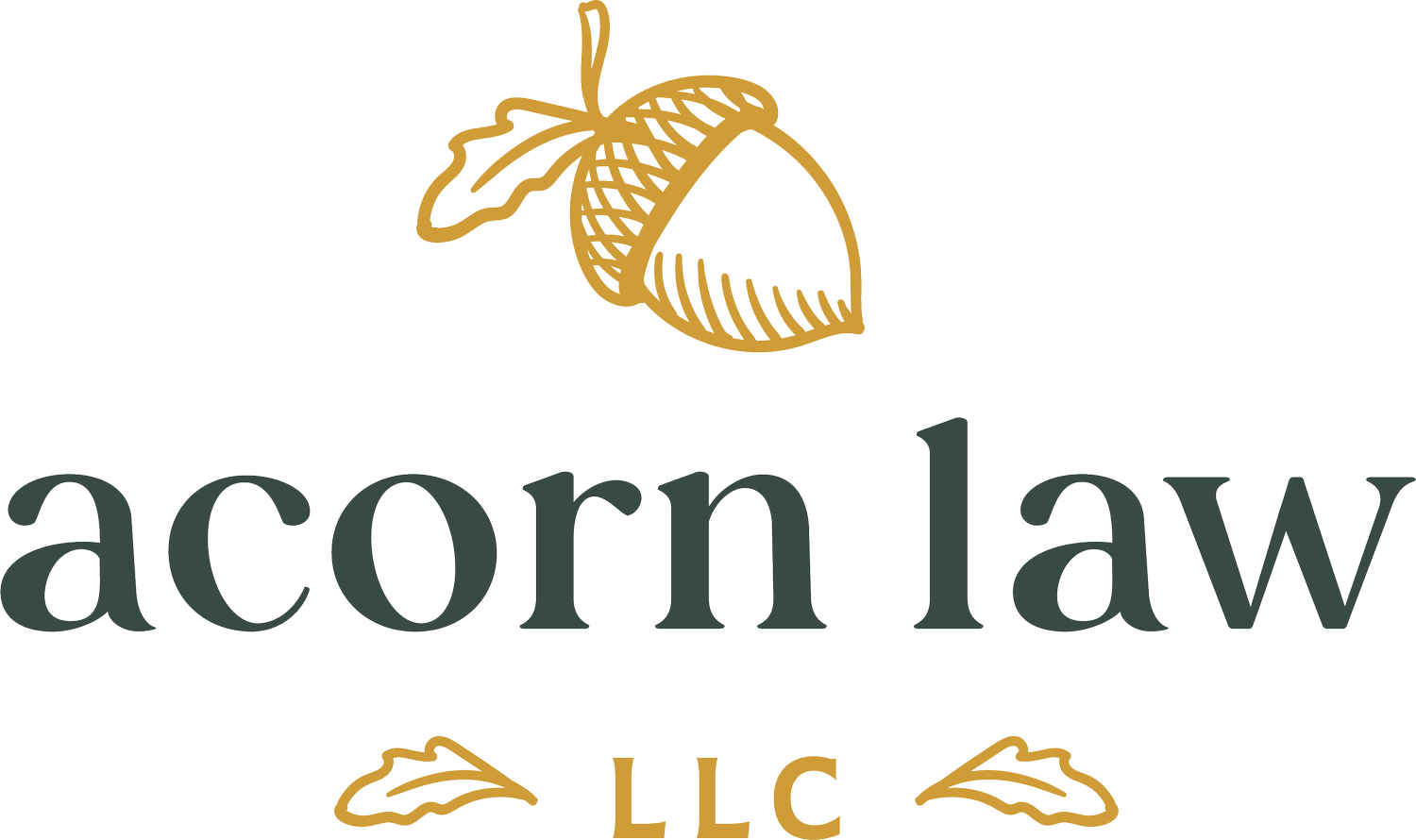What is a trust and do you need one?
You may have had someone tell you that you should consider “getting a trust” for your estate planning. But what the heck does that even mean? What does a trust accomplish and are they a good fit for everyone?
At the most basic level, trusts are documents that create an entity that can hold title to assets. The person who creates the trust (the grantor) can craft the trust in different ways to accomplish different goals. There are lots and lots of different types of trusts to accomplish different goals. So a better question than “Should I set up a trust?” is “What are my goals?” A good estate planning attorney will help you evaluate your personal goals and assets to determine whether one of the different types of trust is a good tool for you to pack in your estate planning tool chest.
The most common type of trust, and likely what is being referenced when someone mentions “getting a trust” is called a Revocable Living Trust (“RLT”). The grantor typically maintains complete control of the assets during their lifetime, but also names a successor who can seamlessly step into their shoes when certain triggering events occur. The main benefits of an RLT are: 1) to make it easier for your assets to be managed during a time of incapacity and 2) to avoid court intervention (probate) at your death.
To hear more about this, check out this short video, in which estate planning attorney Alex Meeks describes the benefits of including an RLT in your estate planning. If you’re interested in learning more about how a trust could be used in your planning, let’s set up a quick chat to discuss.


